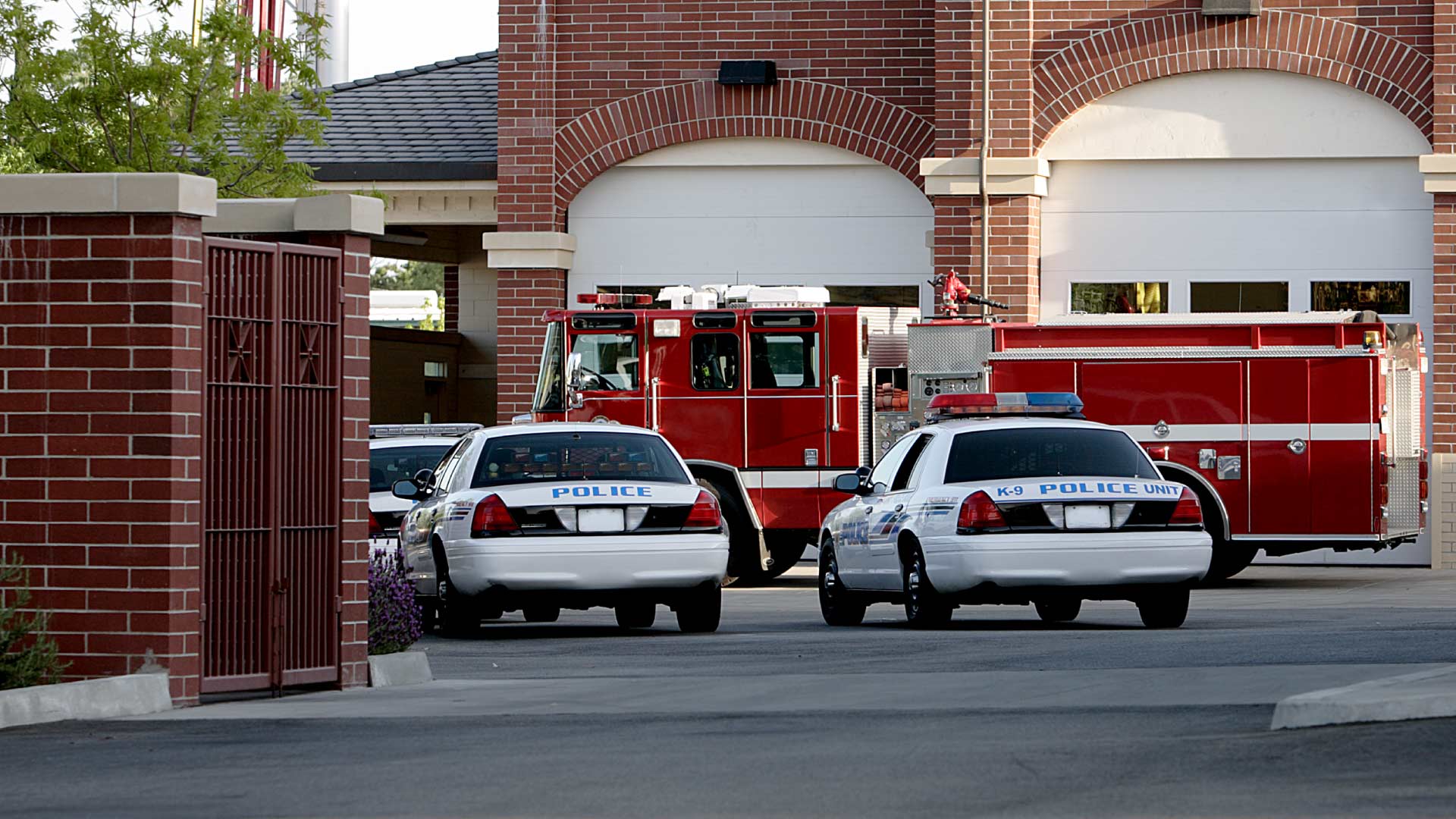The Future is Electric: Robert Martinez on Integrating EVs into Police Fleets
From understanding technology to overcoming infrastructure challenges, embracing EVs boosts efficiency, cuts costs, and promotes sustainability


The first step to electrification was understanding the technology. With my background in electromechanical engineering, I knew the basics, but there was still a lot to learn.
In our ongoing efforts to modernize the police fleet we explored the potential of hybrid and electric vehicles (EVs). Starting in 2008, we introduced 60 hybrid Nissan Altimas into our lineup, testing their performance in real-world conditions. These vehicles quickly proved their value, offering lower operating costs, optimized fuel usage and less maintenance. They also performed well in the field, meeting the demands of policing. In certain situations, such as patrolling congested urban areas, EVs were more efficient than traditional vehicles. This pilot program gave us valuable insights into the benefits and considerations of integrating hybrids and EVs into our fleet.
I’m a fan of electric vehicles because of their regenerative braking systems. This technology, found in electric and hybrid vehicles, recovers energy that would otherwise be lost during braking. When you brake, the system captures the car’s kinetic energy and converts it into electricity, which is then stored in the battery. This stored energy can power the car or extend its range—like recycling energy.
Years ago, while considering electric vehicles for the police fleet, I tested a Ford Mustang Mach-E. One night, I drove it home. I used to live 17-miles from the station and it took me two-hours to drive through the New York traffic. While driving the range of the vehicle actually increased from its starting mileage of 220 to 320 miles. The regenerative braking system restored enough energy to extend the range by 117 miles—a result that truly impressed me.
While EVs were efficient, one of the biggest challenges we faced was the lack of charging infrastructure. You can't just plug these vehicles into any outlet. We needed fast chargers that could quickly recharge the batteries, especially for vehicles in constant use. This required significant investment and planning. We had to identify strategic locations for charging stations and ensure they were accessible to our fleet.
Another challenge was officer adoption. Some officers saw hybrid and electric vehicles working in certain use cases rather than others. For instance, some feedback I received was that EVs were better for regular patrols, while others worried about range loss during pursuits and the costs related to vehicle accidents.
There are pluses and minuses. The transition to EVs is an ongoing process. We're continually learning and adapting, but the benefits are clear. As more EV models become available and charging infrastructure improves, the case for EVs will only get stronger.
Embracing EVs is not just about being environmentally responsible; it's about creating a more efficient, cost-effective, and sustainable fleet. The future is electric, and it's time to get on board.
If you are looking to electrify your fleet, Geotab has a great tool called the EV Suitability Assessment. Learn more here: https://www.geotab.com/fleet-management-solutions/evsa/
Subscribe to get industry tips and insights

Robert S. Martinez retired in 2022 after a distinguished career with the NYPD. He served as the Fleet Services Director from 2006 to 2010 and was promoted to Deputy Commissioner of the Support Services Bureau in 2010. As Deputy Commissioner, Martinez managed 800 members of the service and a $153 million budget, leading key safety initiatives like the expansion of Rumbler sirens and message boards for police vehicles. He provided critical fleet support during major events, including the Republican National Convention and Super Storm Sandy, and secured funding for a state-of-the-art Property Clerk warehouse project worth over $400 million. Martinez continues to contribute his expertise, serving on advisory boards for Government Fleet Expo Police and Police Fleet Expo. Additionally, he serves on Police advisory boards for several small towns and cities around the United States.
Subscribe to get industry tips and insights
Related posts

Smarter Municipal Fleet Management with Geotab Data Connector
April 22, 2025
3 minute read

Marketplace Spotlight: From Chaos to Clarity, Innovating Fleet Claims with Xtract
April 15, 2025
1 minute read

Embracing public safety technologies in the face of opposition
April 15, 2025
4 minute read

Unlocking Safer Roads: How Behavioral Science and Technology Are Improving Driver Safety
April 14, 2025
2 minute read
.jpg)

How a data driven policing environment elevates your department’s potential
March 24, 2025
4 minute read